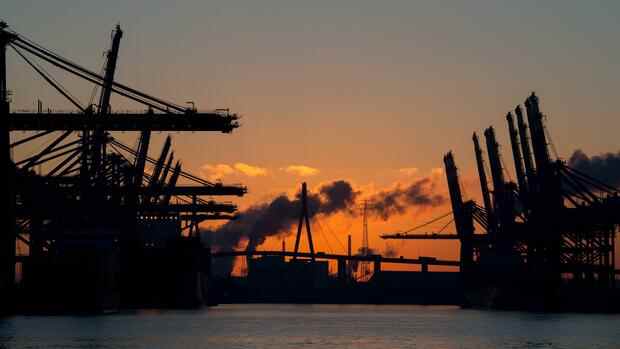The economic stimulus programs adopted by many countries during the Covid-19 pandemic to maintain demand and secure companies and jobs corresponded to the most violent step on the accelerator pedal in our time. They have largely paid off as economies avoided the worst and we are now seeing a more robust recovery than expected.
In fact, the crisis measures have been so successful that today economies are running hot and in danger of overheating. The labor markets are tense in many Eastern European countries.
Salaries in Poland rose 9.6 percent in the second quarter of the year, while unemployment stood at 3.4 percent. The recovery in mobility, which in Poland already reached pre-crisis levels in May 2021 – four months before the euro zone – increased the demand for workers in the service sector and industry.
Top jobs of the day
Find the best jobs now and
be notified by email.
Online advertising for leisure and personal services in Poland grew 175 percent year-on-year in the second half of 2021. Waiters, bartenders and beauticians are among the most sought-after professions. Record prices for gas, supply bottlenecks and the unprecedented increase in the cost of shipping containers all contributed to the rise in inflation.
There is still a need for investment
Although the economies certainly no longer need stimulus injections, there is still a significant need for investment. The discussions at the climate summit in Glasgow have shown the enormous challenges on the way to a zero-emission economy and made clear what huge investments will be necessary for this transition.
Beata Javorcik is Chief Economist at the European Bank for Reconstruction and Development (EBRD) and Professor of Economics at Oxford University.
The Covid-19 pandemic has also underscored the need to accelerate digitization and to close the “digital gap” that has opened up between countries and between social groups.
The time has come for governments to rediscover the art of long distance driving. Instead of stepping on the accelerator and then jumping on the brakes, those responsible must use government spending as a steering wheel and thereby steer the future development of the economy.
It’s no secret that it is often difficult for politicians to choose long-term investments and future growth goals. Because the election periods are short and create an incentive to spend money in such a way that voters see an immediate effect and reward this in elections.
However, EU members are now in the fortunate position of having received a kind of economic cruise control through the EU Development and Resilience Facility (RRF), which directs investments towards long-term goals in crucial sectors. This can put economies on the path of more sustainable and long-term growth. Politicians are committed to green and digital investments.
Commitment to government
Therefore, the EU Facility is not just about providing funding, especially since money can often be borrowed from the market, but the greatest benefit is to provide an instrument for governments to commit to specific goals.
Driving long distances does not mean that governments no longer have to skilfully navigate the obstacles immediately ahead. An example is the high energy prices of our day, which are a test of the determination to make a green transition.
While in Germany, for example, the bills for basic supplies such as energy or water make up an average of seven percent of household income, in Poland it is 15 percent, and among the poorest households even 27 percent.
That puts governments under pressure to act. You should help the most vulnerable. Targeted interventions, such as cash payments to the poorest, are a good way to go. In any case, politicians should, however, resist the temptation of high-profile but environmentally harmful aid such as a tax cut on energy. Because that would weaken the incentive for lower consumption.
When the European economy awoke from the Covid-19 pandemic, we were surprised by the huge shortage of truck drivers for long distances. At a time when there is a great need to invest in a more sustainable, green and resilient economic future, it is now imperative that our politics (re) discover the art of long distance driving.
More: Germany receives 2.25 billion euros from the EU’s Corona aid fund.
